Recent Blog Posts
Can You Face Criminal Charges for Displaying a Gun Without Firing It in Florida?
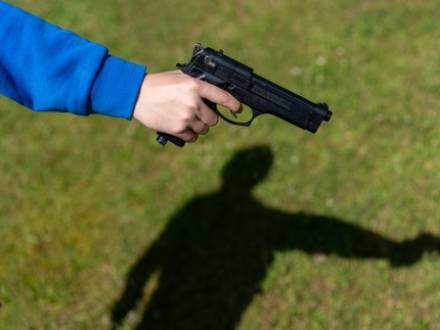 You can face charges for a gun crime in Florida for displaying a gun, even if you never fire it. Surprisingly, simply showing a firearm during a tense moment can lead to arrest. You may not have intended to harm anyone, but law enforcement may still view the situation as a criminal offense.
You can face charges for a gun crime in Florida for displaying a gun, even if you never fire it. Surprisingly, simply showing a firearm during a tense moment can lead to arrest. You may not have intended to harm anyone, but law enforcement may still view the situation as a criminal offense.
If you are facing a weapons charge in 2026, our Miami, FL gun crimes defense lawyer can help you understand the charges you face. At The Hoffman Firm, we will fight to protect your rights and help you build a strong defense.
When Is It Illegal to Display a Gun in Florida?
Florida law makes it illegal to display a firearm in what could be deemed a threatening or careless way. Under Florida Statutes § 790.10, this offense is called improper exhibition of a firearm.
When Can I Claim Self-Defense in a Florida Domestic Violence Case?
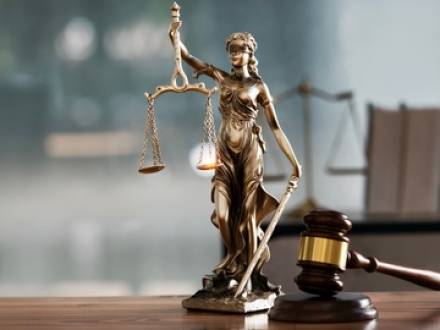 As of 2026, Florida law continues to recognize self-defense as a legal justification when specific requirements are met. You may be able to claim you were acting in self-defense in a domestic violence case if you reasonably believed you were in immediate danger and used only the amount of force necessary to protect yourself. These situations are rarely straightforward. Arguments can escalate quickly, and law enforcement often must make fast decisions based on limited information. If you have been accused, it is normal to feel overwhelmed, worried about your future, and unsure where to turn.
As of 2026, Florida law continues to recognize self-defense as a legal justification when specific requirements are met. You may be able to claim you were acting in self-defense in a domestic violence case if you reasonably believed you were in immediate danger and used only the amount of force necessary to protect yourself. These situations are rarely straightforward. Arguments can escalate quickly, and law enforcement often must make fast decisions based on limited information. If you have been accused, it is normal to feel overwhelmed, worried about your future, and unsure where to turn.
Our Broward County, FL domestic violence defense lawyer helps individuals understand their rights and navigate this difficult moment with clear guidance.
Can You Leave the Country With an Active Warrant?
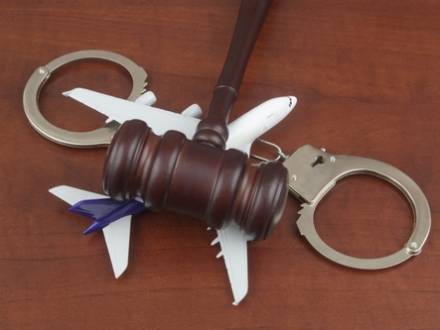 Leaving the country with an active warrant for a criminal charge can be risky and unpredictable. International travel is common, and the U.S. Customs and Border Protection reported in 2025 that about one million people enter the United States each day through airports, land crossings, and seaports. With that volume of travel, identity checks and database screenings happen constantly.
Leaving the country with an active warrant for a criminal charge can be risky and unpredictable. International travel is common, and the U.S. Customs and Border Protection reported in 2025 that about one million people enter the United States each day through airports, land crossings, and seaports. With that volume of travel, identity checks and database screenings happen constantly.
As of 2026, law enforcement agencies continue to share information across state and federal systems, which means warrants can surface at unexpected times during international travel. An active warrant can lead to arrest at an airport, problems with passport use, or detention when returning to the United States. If you run into problems at a border, our Miami, FL criminal defense lawyer can help.
Mandatory Minimum Prison Terms for Federal Drug Crimes
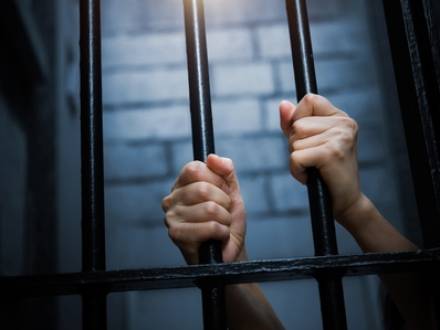 Federal drug charges carry some of the harshest penalties in the criminal justice system. As of 2026, federal courts still apply mandatory minimum sentencing laws in drug cases.
Federal drug charges carry some of the harshest penalties in the criminal justice system. As of 2026, federal courts still apply mandatory minimum sentencing laws in drug cases.
The impact of these laws is widespread. According to data published by the United States Sentencing Commission in 2025, more than 150,000 people are incarcerated in the federal prison system, with many serving sentences for federal drug convictions. Mandatory minimum sentencing laws play a major role in how long people remain in federal custody.
If you are under investigation or facing charges, our Fort Lauderdale, FL federal drug crimes defense lawyer can help you understand how these rules may affect you.
Can First-Time Drug Offenders Avoid Jail in Florida?
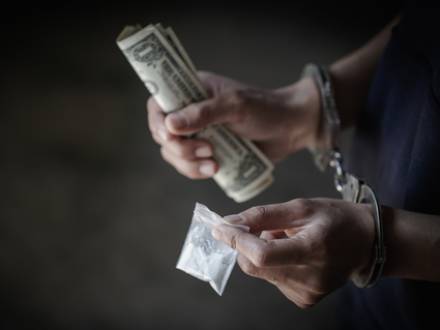 As of 2025, Florida courts often use probation, diversion programs, and treatment-based options in appropriate first-time drug cases. However, the outcome depends on the charge, the facts, and how the case is handled. The Miami, FL drug crimes defense lawyer at The Hoffman Firm can explain what options may be available to you based on the details of your case.
As of 2025, Florida courts often use probation, diversion programs, and treatment-based options in appropriate first-time drug cases. However, the outcome depends on the charge, the facts, and how the case is handled. The Miami, FL drug crimes defense lawyer at The Hoffman Firm can explain what options may be available to you based on the details of your case.
What Does Florida Law Consider a Drug Offense?
Florida drug crimes are primarily governed by Chapter 893 of the Florida Statutes. The most common law used in these cases is Florida Statutes § 893.13, which covers possession, sale, manufacture, and delivery of controlled substances.
Can You Fix a Missed Court Date Without Going to Jail?
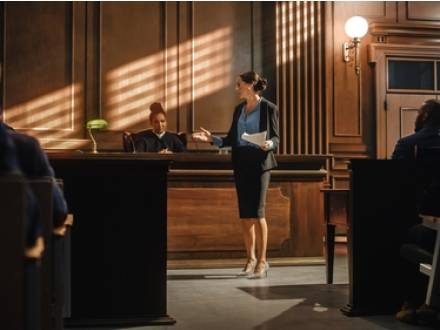 Realizing that you missed a court date can bring a rush of fear and uncertainty. Will you get arrested? Could you lose your bond? Are you now facing new charges? These are common questions a Broward County, FL criminal defense lawyer can answer. In many cases, a missed court date can be addressed without going to jail when action is taken quickly.
Realizing that you missed a court date can bring a rush of fear and uncertainty. Will you get arrested? Could you lose your bond? Are you now facing new charges? These are common questions a Broward County, FL criminal defense lawyer can answer. In many cases, a missed court date can be addressed without going to jail when action is taken quickly.
What Happens If You Miss a Court Date in Florida?
When you miss a court date in Florida, the judge may issue a bench warrant for your arrest. This allows law enforcement to take you into custody at any time. Under Florida Statutes § 843.15, a person who is out on bail and willfully misses a required court date may also face an additional failure to appear charge.
Are There Defenses to Unlawful Discharge of a Firearm in Florida?
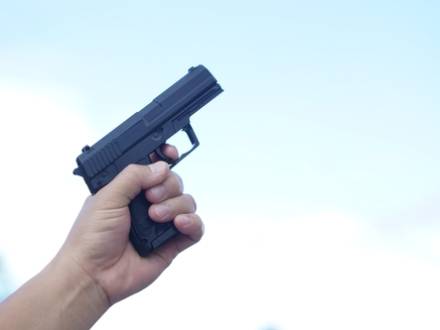 If you are facing an unlawful discharge of a firearm charge in Florida, The Hoffman Firm can offer you legal guidance. Even if you did not mean to fire your weapon, you need an experienced attorney to help you fight the allegations. Every firearm discharge case is unique, and not every situation involves criminal intent or wrongdoing. Depending on the facts, there may be valid legal explanations or defenses that apply. With help from our experienced Miami-Dade County, FL gun crimes defense lawyer, you can better understand how the law applies to your case.
If you are facing an unlawful discharge of a firearm charge in Florida, The Hoffman Firm can offer you legal guidance. Even if you did not mean to fire your weapon, you need an experienced attorney to help you fight the allegations. Every firearm discharge case is unique, and not every situation involves criminal intent or wrongdoing. Depending on the facts, there may be valid legal explanations or defenses that apply. With help from our experienced Miami-Dade County, FL gun crimes defense lawyer, you can better understand how the law applies to your case.
What Does Florida Law Say About Unlawful Discharge of a Firearm?
Under Florida Statute § 790.15, it is unlawful to knowingly fire a gun in a public place, over a paved public road, or on someone else’s property without consent. The law also restricts discharging a firearm from a vehicle, except in cases of lawful self-defense.
How Do I Fight an Indecent Exposure Charge in Florida?
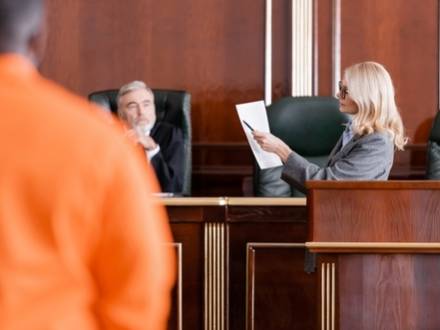 If you have been charged with indecent exposure in Florida, you have the right to challenge the allegations in court. The law considers both the actions that took place and the intent behind them. A witness may misunderstand what happened, or the available evidence may not clearly show your intent. Speak with a Fort Lauderdale, FL indecent exposure defense lawyer for help building your defense strategy.
If you have been charged with indecent exposure in Florida, you have the right to challenge the allegations in court. The law considers both the actions that took place and the intent behind them. A witness may misunderstand what happened, or the available evidence may not clearly show your intent. Speak with a Fort Lauderdale, FL indecent exposure defense lawyer for help building your defense strategy.
What Does Florida Consider "Indecent Exposure?"
Under Florida Statutes § 800.03, it is illegal to expose sexual organs in a public place or somewhere others may see, if the act is done in a vulgar, indecent, or lewd way. The word "lewd" means behavior that is sexual in a way that is meant to shock, offend, or draw attention. The key question is intent. The law looks at whether the person meant to act in a sexual or offensive way.
Miami Police Pulled Me Over for DUI Without Probable Cause
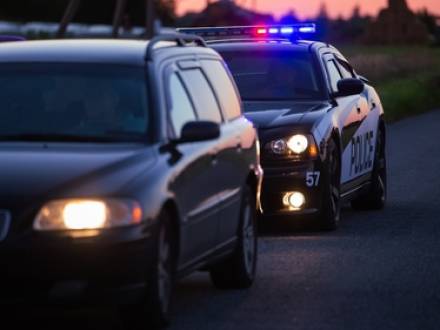 Florida law limits when officers can stop a driver, for DUI cases and otherwise. Police must have a valid reason, known as probable cause or reasonable suspicion, before they can legally pull you over. If they do not, any evidence collected after that stop may not be allowed in court. A Miami, FL DUI defense lawyer can review what happened and determine whether your rights were violated under state or federal law.
Florida law limits when officers can stop a driver, for DUI cases and otherwise. Police must have a valid reason, known as probable cause or reasonable suspicion, before they can legally pull you over. If they do not, any evidence collected after that stop may not be allowed in court. A Miami, FL DUI defense lawyer can review what happened and determine whether your rights were violated under state or federal law.
What Is Probable Cause for a DUI Stop Under Florida Law?
Probable cause means an officer must have clear, specific facts suggesting you committed a crime. For a traffic stop, they need at least reasonable suspicion, such as weaving, speeding, or running a red light. To arrest you for DUI, they need probable cause, which is a higher standard.
Under Florida’s Stop and Frisk Law, officers may only detain someone when they reasonably elieve a crime is happening or has already occurred. If the officer cannot clearly explain why you were stopped, it may not meet this standard.
Can I Be Removed From Florida’s Sex Offender Registry?
 Florida has one of the toughest sex offender registry systems in the country. Once your name is added, it can affect where you are legally permitted to live, work, and travel. For some, registration lasts for life. However, there are situations where you may qualify to have your name removed. A skilled Broward County, FL sex crimes defense lawyer can explain your rights and legal options.
Florida has one of the toughest sex offender registry systems in the country. Once your name is added, it can affect where you are legally permitted to live, work, and travel. For some, registration lasts for life. However, there are situations where you may qualify to have your name removed. A skilled Broward County, FL sex crimes defense lawyer can explain your rights and legal options.
Who Must Register as a Sex Offender in Florida?
Under Florida Statute § 943.0435, people convicted of certain sex crimes must register with the Florida Department of Law Enforcement (FDLE). These crimes can include everything from sexual battery to possessing or sharing child pornography.
















